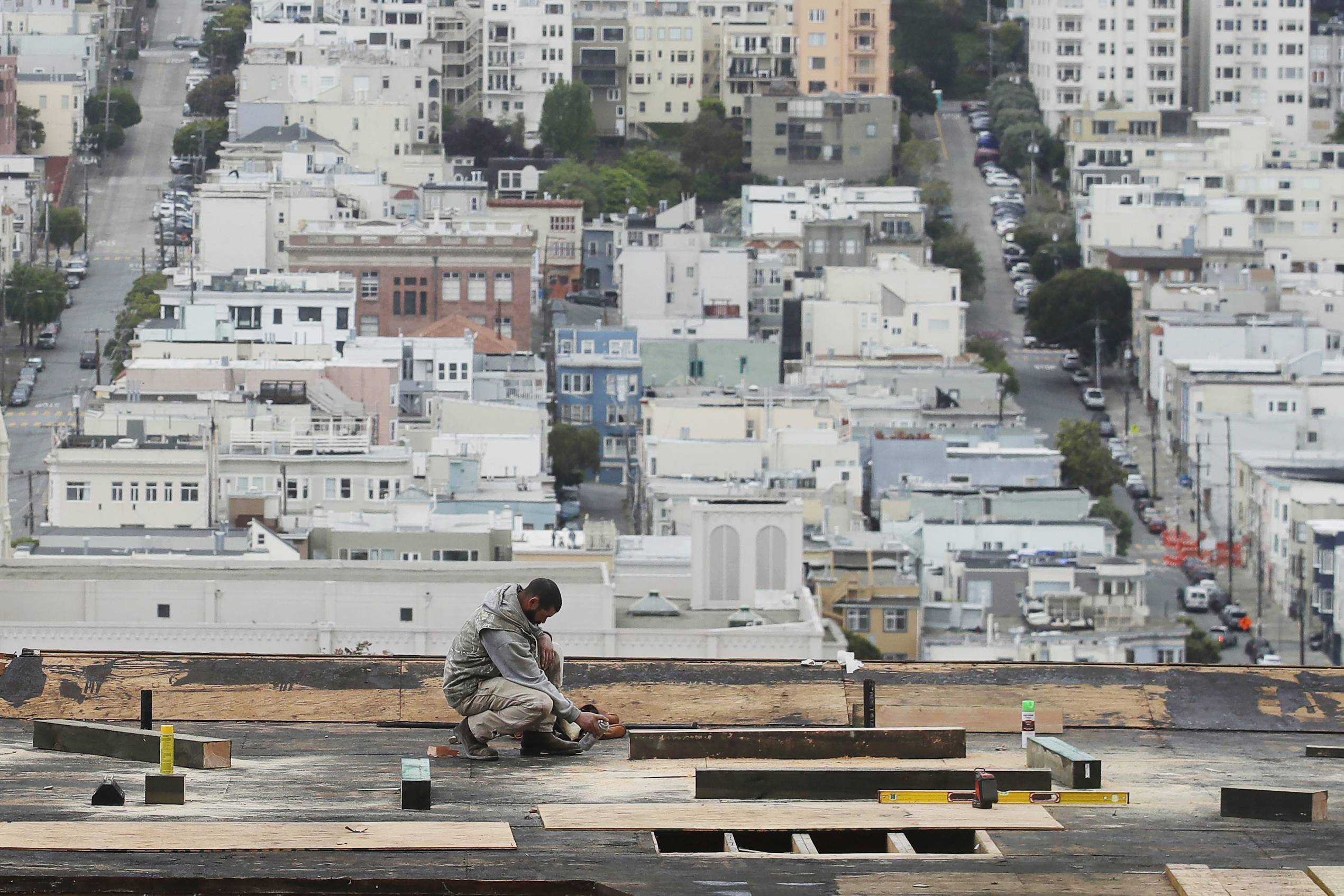Housing activists and fed-up residents were up in arms this week over federal data that showed San Francisco had only issued permits for seven housing units in the first two months of the year.
Taken at face value, that pace would represent a total fail in the city’s progress toward its new housing production quota. As a part of its so-called Housing Element adopted last year, San Francisco committed to permitting 82,000 new homes by 2031.
It also provides a striking on-the-ground backdrop to the mayoral race, where debates over zoning and housing production have proven to be a major wedge issue among candidates.
Critics will immediately point the finger at the city. If San Francisco is facing a worsening housing crisis, how is its response issuing its lowest number of new housing permits in over a decade?
Developers would generally agree with that sentiment—highlighting the city’s glacially paced approval process—but most would also add that now just isn’t the right time to break ground. Interest rates and construction costs are too high currently.
However, context is important when it comes to any individual data points. The figures in January and February might look bad in a vacuum, but taking a wider lens shows permitting activity has its own seasonal volatility.
Lastly, the city doesn’t count new units until the first construction documents offering more detailed building plans are actually approved. Those usually come after a developer has their proposal rubber-stamped. HUD, on the other hand, will count a new project the moment the permit has been issued. In some cases, the lag between the two milestones can be up to two years, Yalon said.
Based on its criteria, the city says it’s already permitted 341 new units in the first three months of the year. Still, that permitting pace is far behind what the city, with its large mandate, needs right now.
In order to meet its target by 2031, the city needs to approve tens of thousands of new permits each year. Under its current rate, it would take decades to hit its goal.
According to city data, the two biggest projects approved this year are located at 200 Folsom St. and 1212 Maryland St.
The former is a nine-story affordable housing building for seniors that will deliver 151 units. The latter is a 105-unit mixed-use project that will include retail space.
